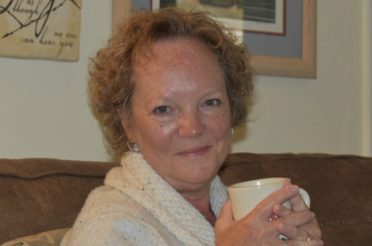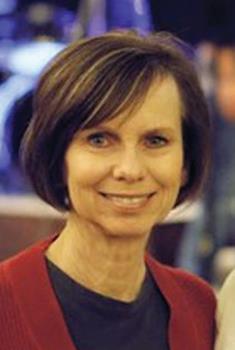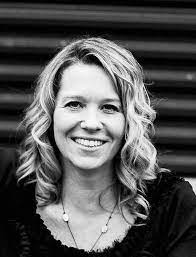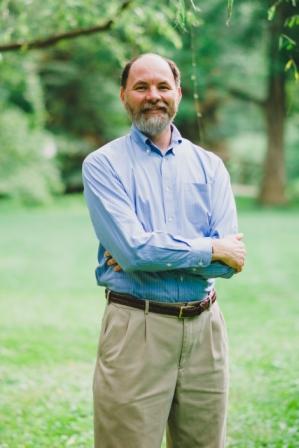By Roger Barbee
In the epic poem, The Odyssey, Odysseus returns to his home island after being absent for twenty years. Because the suitors have taken possession of his home, he must return unrecognized in order to attack them by surprise. He arrives home disguised by Athena as a beggar, and he goes to the hut of Eumaios, the keeper of pigs, in order to plan his attack on the suitors. Not knowing who the beggar is, Eumaios treats him with courtesy and feeds him and gives him a place to sleep. When the disguised master thanks his servant for being kind, Eumaios responds, “…rudeness to a stranger is not decency.”
During the years that I taught Homer’s great poem, I required my students to memorize such lines as that of Eumaios and those of other characters from the poem. The students then had to relate the chosen quotation to their lives by demonstrating a basic understanding of the quotation and explaining how it was still relevant in their post 2000 world. However, my students and I not only discussed what Homer had to say about hospitality to the sojourner, but also what other ancient writers such as Paul meant when they told followers to “practice hospitality.” In the ancient world, sojourners needed safe and clean places to spend the nights because the few available inns were full of bandits, prostitutes, and vermin. So, for safety, a traveler looked for a kind person such as Eumaios to share the long, dark night. I suppose, as my students will attest, in some ways we are all sojourners at times. At various moments in our lives, we have been that traveler looking for a haven for a night, a day, an hour even. And, oftentimes, we have looked for that friendly face to offer us warmth and kindness and understanding about our travels.
Homer’s use of the lowly swineherd as one of two servants to help his long absent master is, I think, a choice of genius. As many readers may know, a pig parlor is not the most elegant place there is. Raven’s Rock, the home of Eumaios, was a smelly and rather vile place a long distance from the manor house. The swineherd undoubtedly would have smelled much like his charges. And, because of his position he would have held a low rung in the social order of his time. Yet, this low-ranking citizen, like the widow in the Gospels, gives out of his poverty, not his wealth. This seemingly low citizen is the one of the two servants who had remained loyal to his master and helps him rid the manor of the selfish suitors.
All of this and more has been on my mind as I watch many concerned citizens try to build support in our country to help those in the caravan. These last few days of damp, cold wind have, for me, been a reminder of the need to help. However, I worry that too many church attendees will choose to turn away from this need. I know that some church groups have stepped up and offered to help by word or deed or both. I appreciate that some church groups are helping the hungry and homeless in other ways. What I can’t understand is how some church groups find reasons not to help.
Practicing hospitality causes inconvenience. It means changing routines. It means inviting strangers who may be downtrodden into our spaces. It means being empathetic. Practicing hospitality means sharing time and talk with people who are in need of a hand up. Practicing hospitality can cause you to, as I heard a pastor say last June, “think of what you can give instead of what you don’t have.” Practicing hospitality is an opportunity for personal growth in a faith walk. Practicing hospitality means that we Christians step up and take care of the less fortunate. To do otherwise means that we are just “pew sitters” who attend service to feel better about ourselves. Are you the Christian more worried about the new floor in the fellowship hall or the one who cares about some homeless child?
Early in The Odyssey, the sage Mentor speaks to the citizens of Ithaca (Odysseus’ home island) about the suitors taking over the manor of Odysseus and the injustice of their action. Mentor laments
the violent plundering of the great leader’s home, but he then goes on to say, “What sickens me is to see the whole community/sitting still, and never a voice … raised.”
There is a need in our community. If you choose, you can find many reasons not to help end that need. However, I offer you one good reason to step up and help. Again, the answer comes from ancient literature written by a tax collector turned disciple: go read Matthew 25:35-40. Then ask why you should not step up and help.







